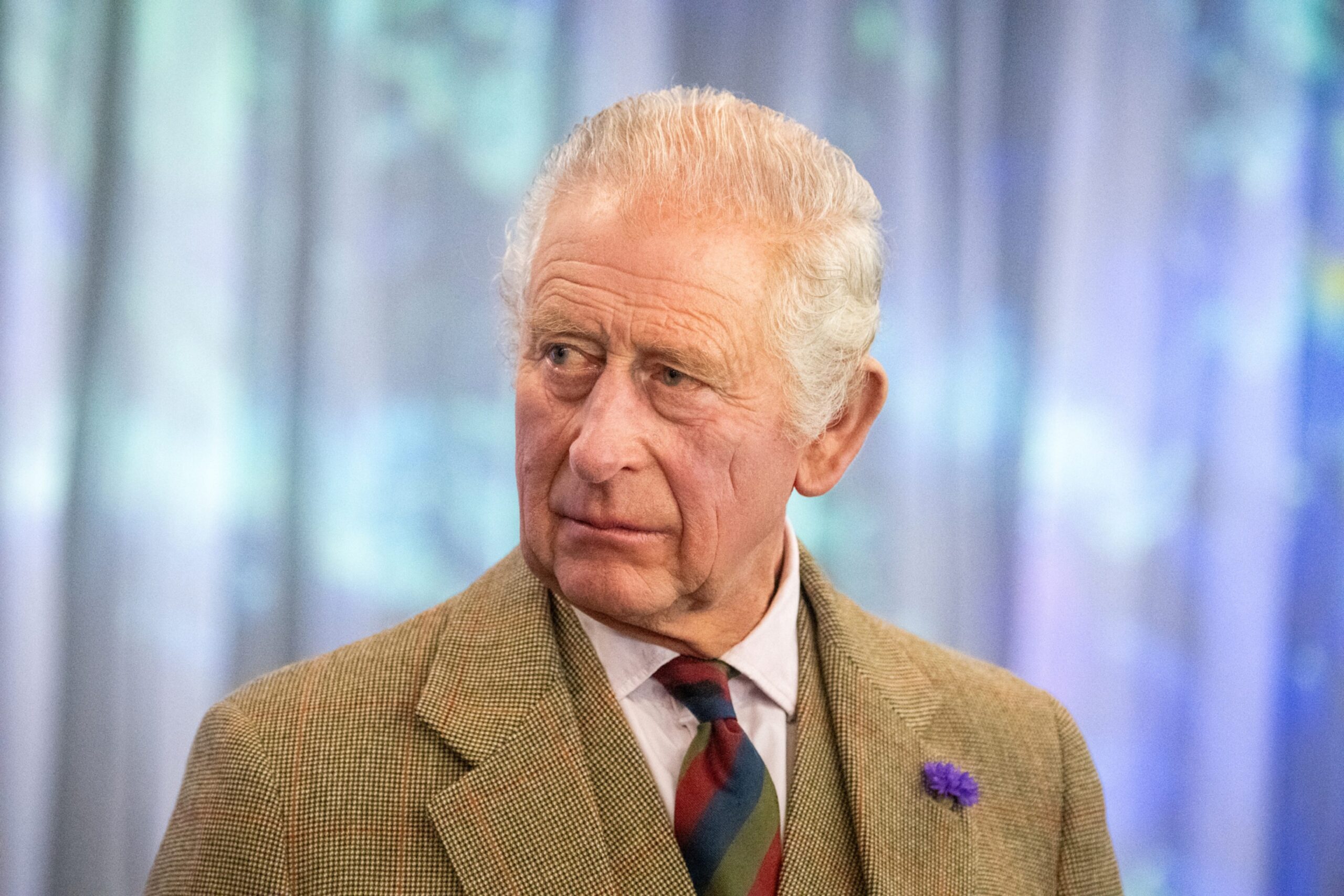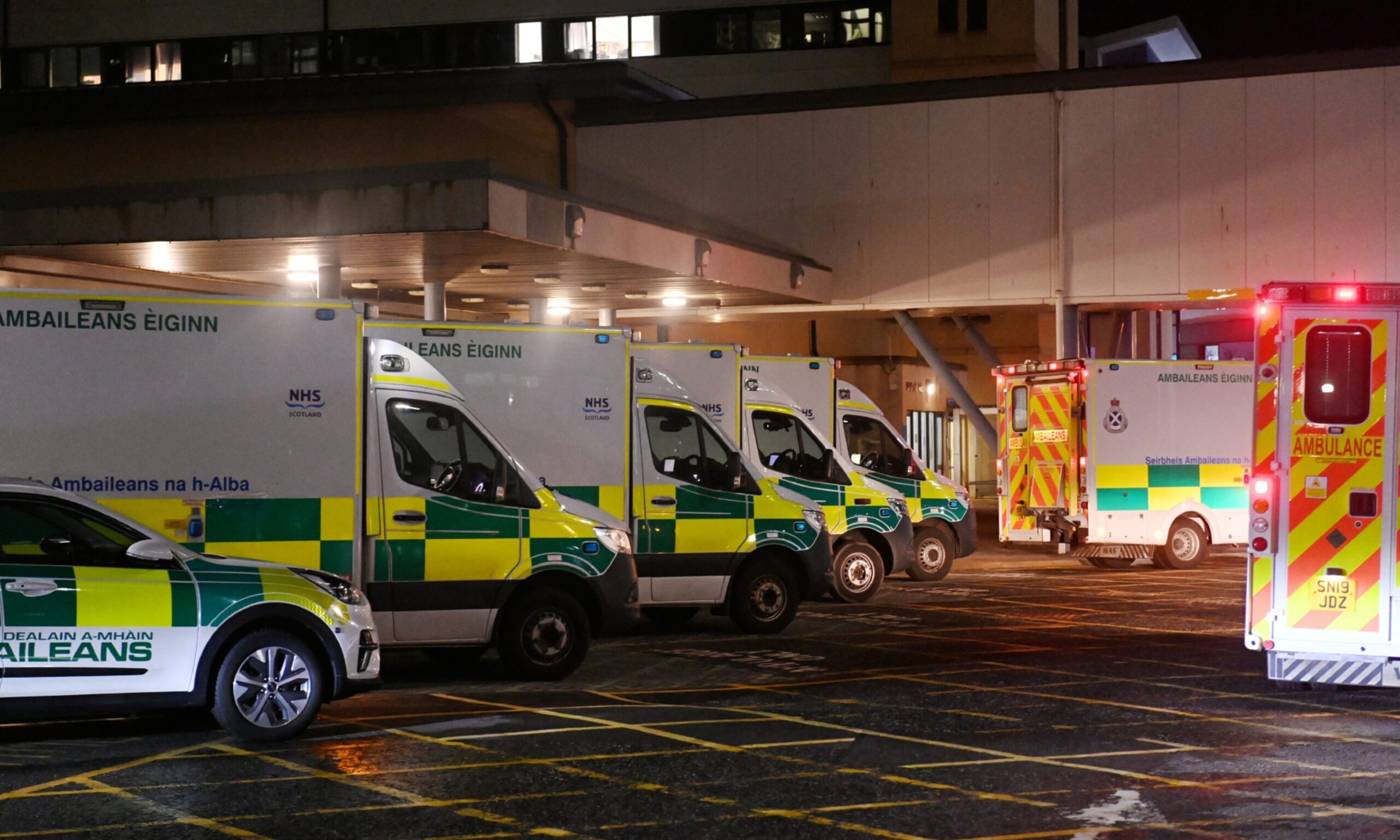It was just my luck – a kick in the guts when things were going so well.
I was thinking of a quiet celebration as I approach a rather important appointment with my surgeon this Wednesday, to mark signing me off from my treatment for prostate cancer.
It’s almost six years since an operation to have the offending organ evicted.
I still have annoying and depressing side effects from surgery, but I can live with that – “living” being the operative word.
It was time to say goodbye to the wonderful urology team at Aberdeen Royal Infirmary (ARI). It’s quite a milestone. But, like finding a lost fiver and losing a tenner, there’s always something else around the corner to trip you up.
Days ago, I discovered that I might have bowel cancer now. So, it’s started again: putting on a brave face with my mind paralysed by fear.
It’s only a “might”, mind you – further investigation required to find out for sure. But at least the problem is only in my bowel, next door to where the prostate once lived, which is quite neighbourly, so we can still keep in touch.
It could turn out to be other less frightening ailments which display similar characteristics, but they also warned me in a letter that it could be bowel cancer. When I say “they”, I mean this country’s excellent, pioneering bowel-cancer screening set-up in Dundee.
We over-50s in Scotland receive a discreet little package every two years and send a miniscule sample off for testing in a very simple process; those who throw it in the bin unopened do so at their peril. Not worrying about tomorrow might restrict the number of tomorrows you have.
The screening is normally as smooth as Swiss clockwork: off it goes, and they give me the all-clear a week or two later.
Until now, that is.
Joining the long-wait club
Of course, things are different on NHS waiting lists these days.
I sailed towards my prostate surgery in no time at all, with a brisk following breeze and a calm sea ahead. So, it was pleasing, in a way, that a telephone appointment with ARI – for an initial chat about what happened next – arrived within days of the latest screening result. Very efficient, I thought; bucking the trend against cruel delays?
It was only then that I found out that it would take around five months before they could actually call me in to diagnose what was going on. They actually said “about 20 weeks”, to be fair, which sounds better if you say it quickly.
“It’s actually quite good now, compared to January – it was 36 weeks then,” a sympathetic nurse confided. It didn’t really make me feel any better.
Totally unacceptable for a cancer diagnosis, but “join the club”, countless numbers of others will say.
Now I know what helpless patients in these agonising hospital queues must feel like, with their minds painting all sorts of horrific scenarios. A constant feeling of impending doom, I imagine.
I was compelled to tell you all about this because I’d feel a hypocrite otherwise. After all, I took issue with the royals, writing that King Charles and Kate Middleton should have disclosed the exact nature of their cancers to offer encouragement to others to come forward for testing.
Various people have commented that such misfortune makes the royals like the rest of us mere mortals. Well, yes, but only up to a point; they receive the best private medical treatment money can buy – instantly. No horrific waiting lists into which the seething masses disappear.
Does paying to go private protect the NHS?
There has been a massive surge towards paying for private medical insurance to escape waiting lists.
A woman reportedly sold her house to pay for incredibly expensive private medicine for her daughter. I also know someone in Aberdeen scraping together thousands to pay for a hernia operation delayed by a year.
Who is brave enough to reform this monolithic system?
I’ve been paying in advance for my own funeral; it might come in handy now, come to think of it (and you save money if you go early).
Paying extra into the NHS from our own taxes to improve patient service for all might not seem as outlandish as it once appeared. But only as long as it doesn’t disappear into a wasteful bureaucratic black hole – to “protect the NHS” without offering direct protection for patients instead.
Who is brave enough to reform this monolithic system?
We scrimped and saved for a private option as back-up to the NHS; a joint policy we took out after my wife’s agonising wait of several years for orthopaedic surgery. “Never again,” I said, after listening to her cry every night.
Private medical insurance now seems a necessity to many rather than a luxury. Maybe they are “protecting the NHS” by easing queues.
After my prostate experience, I just can’t bear hanging in limbo.
David Knight is the long-serving former deputy editor of The Press and Journal



Conversation